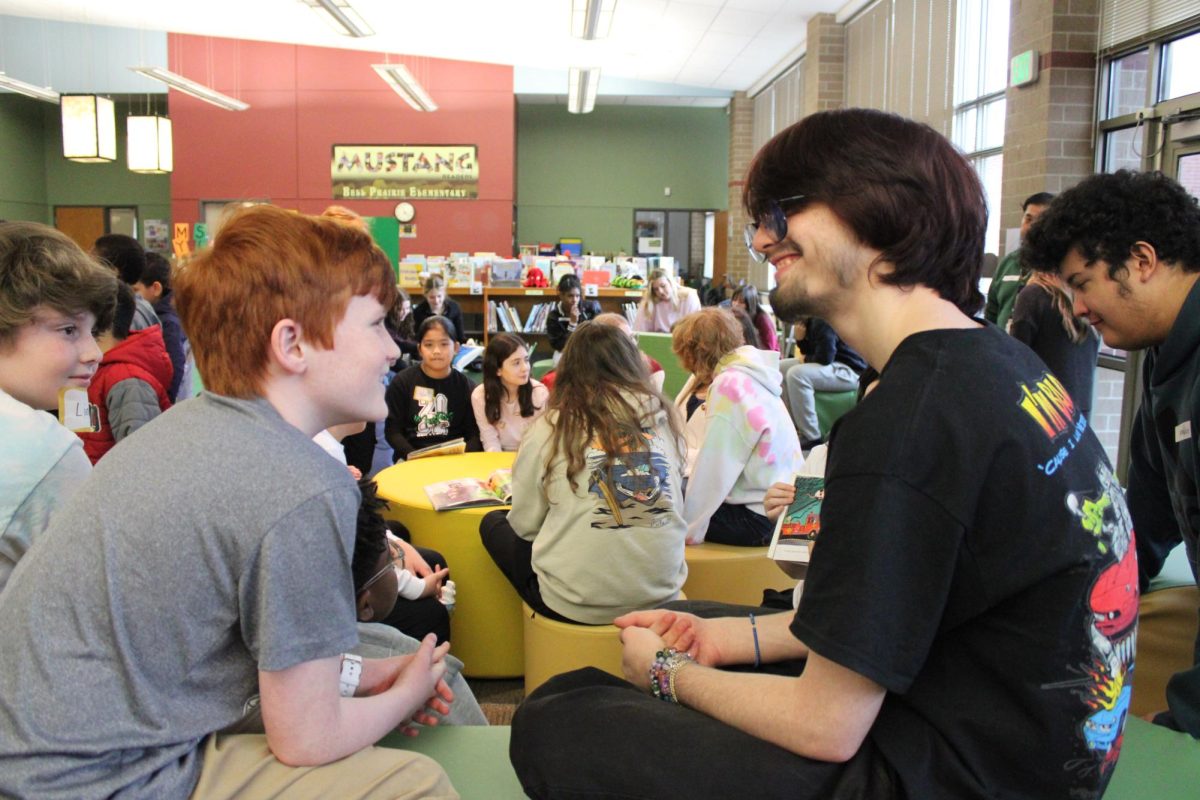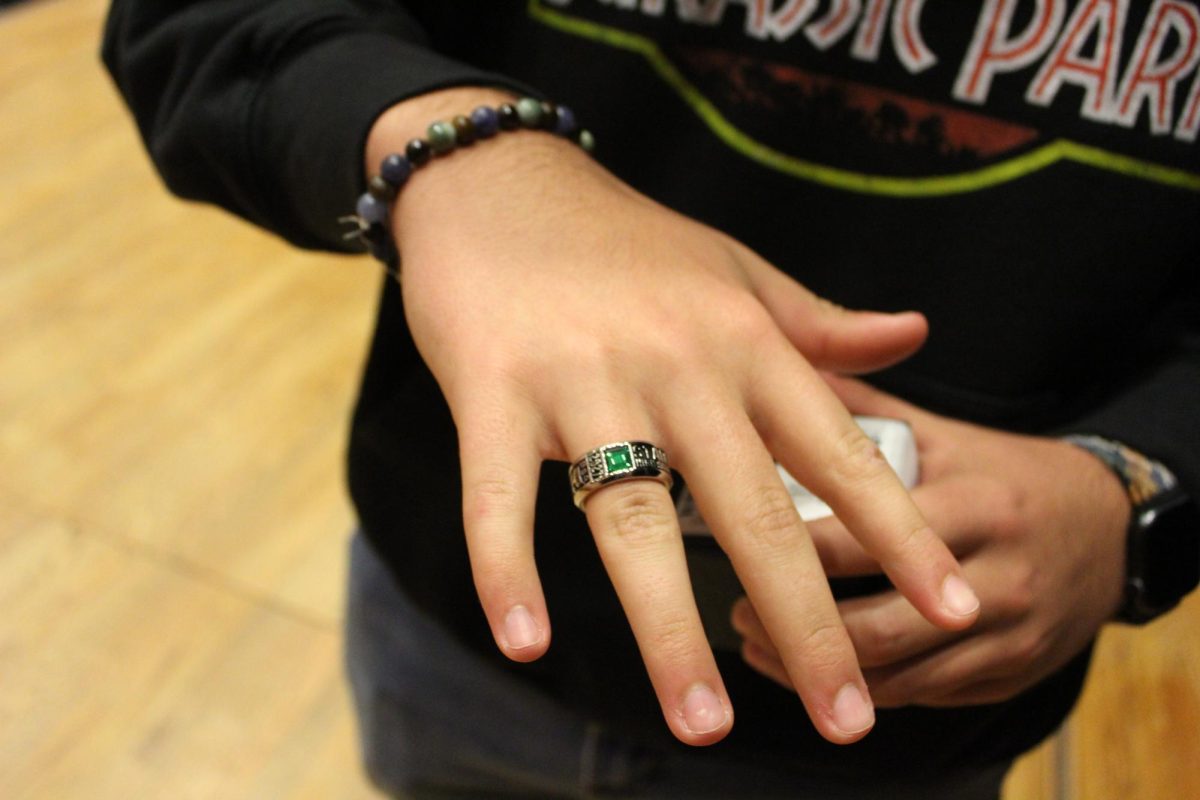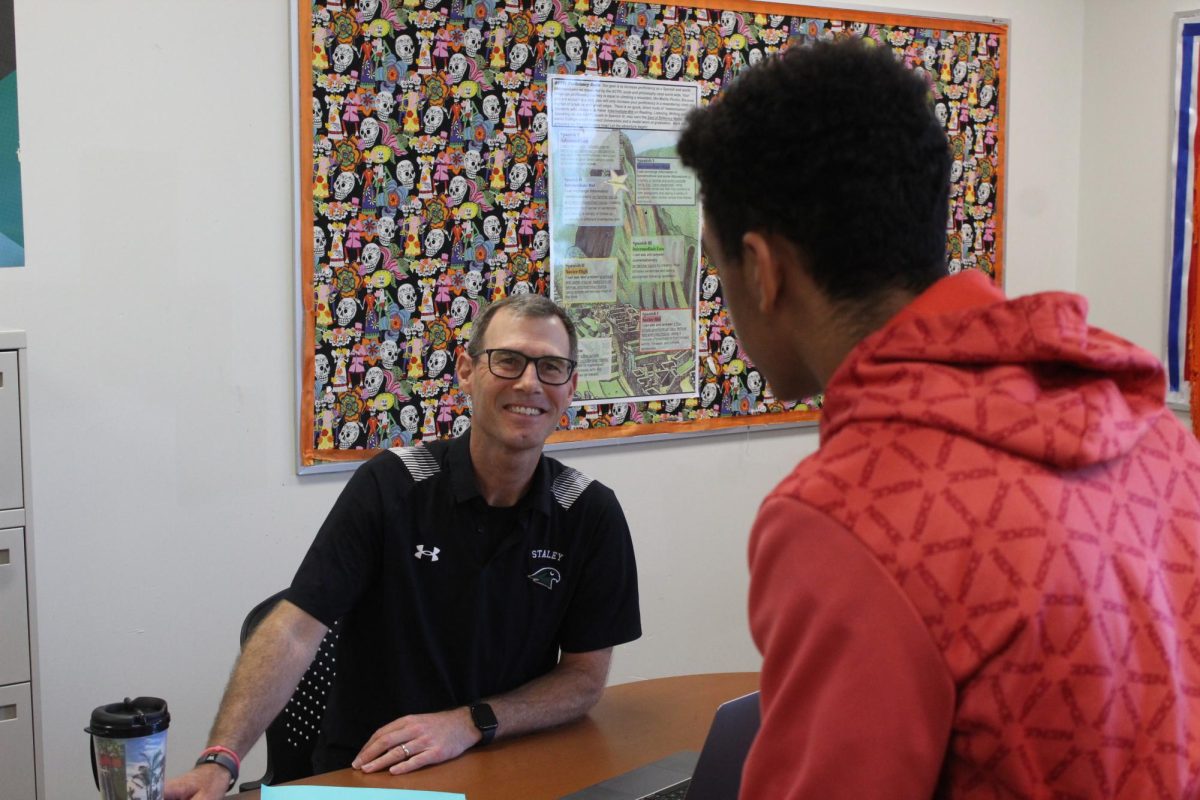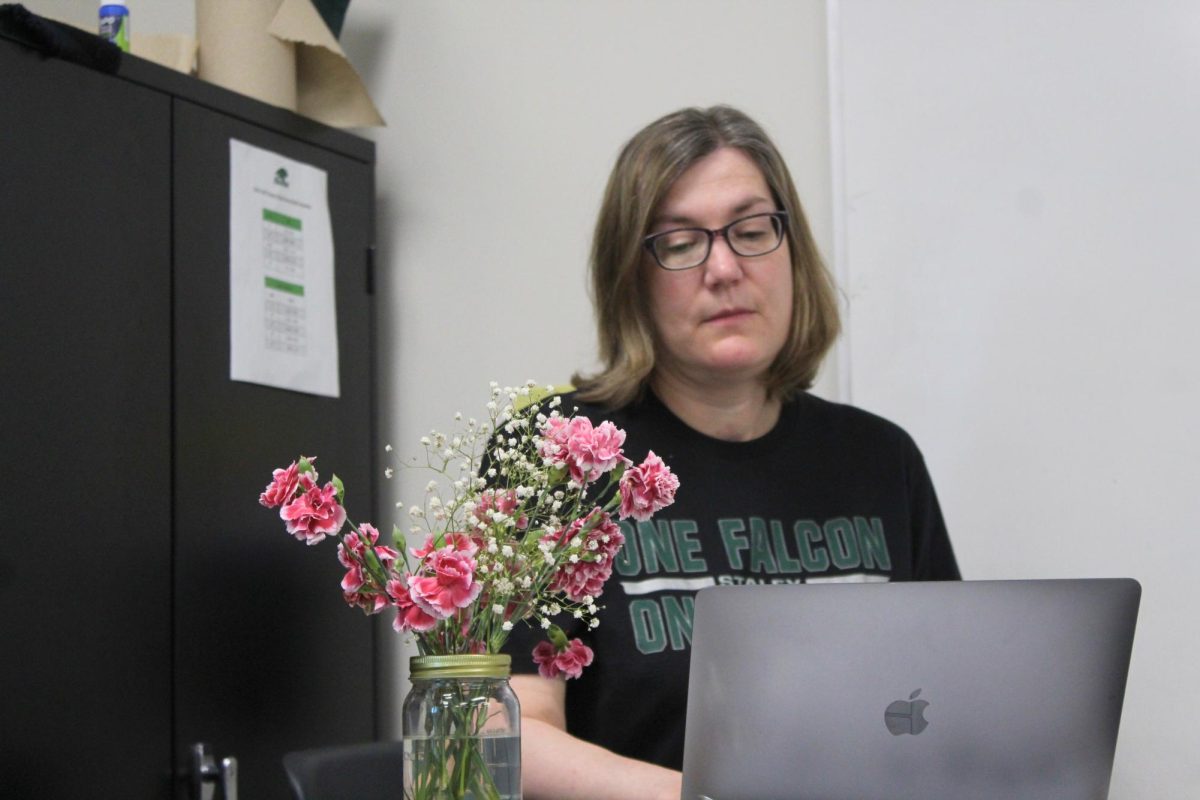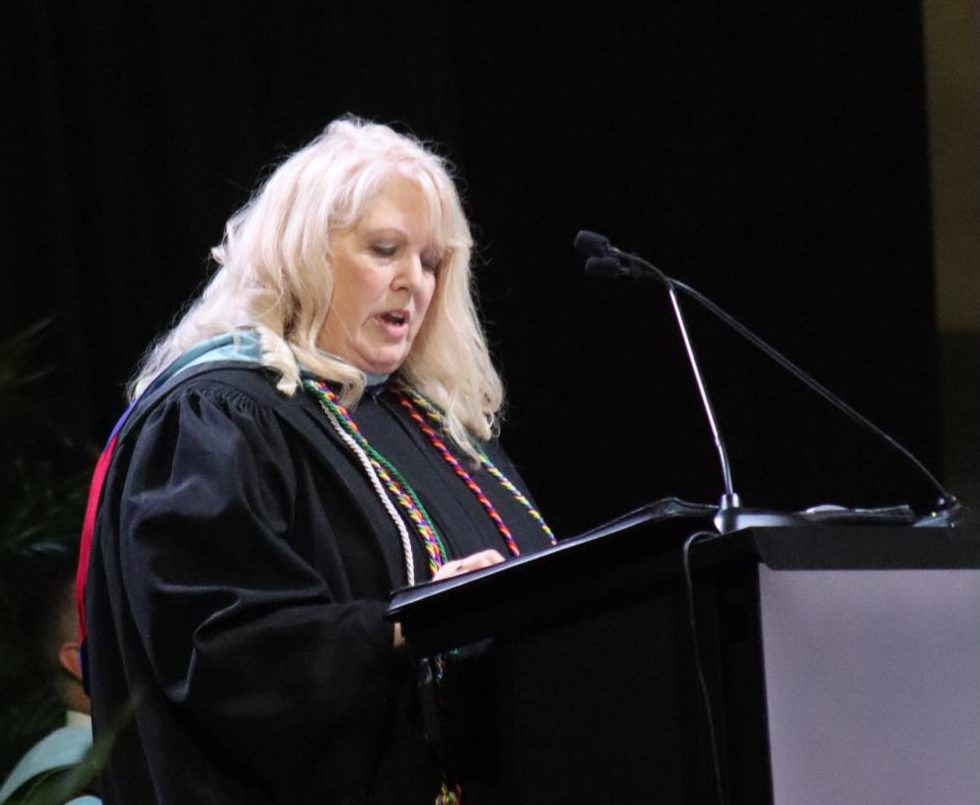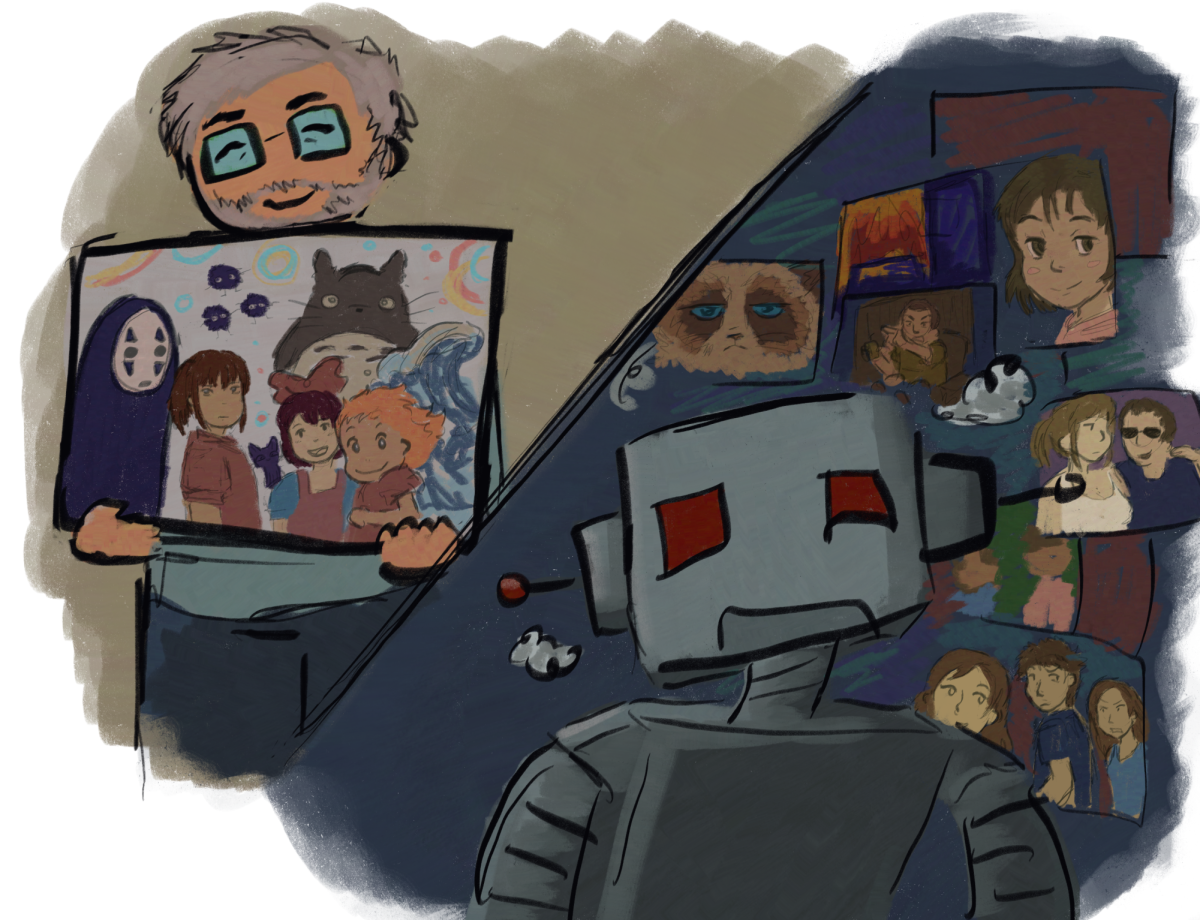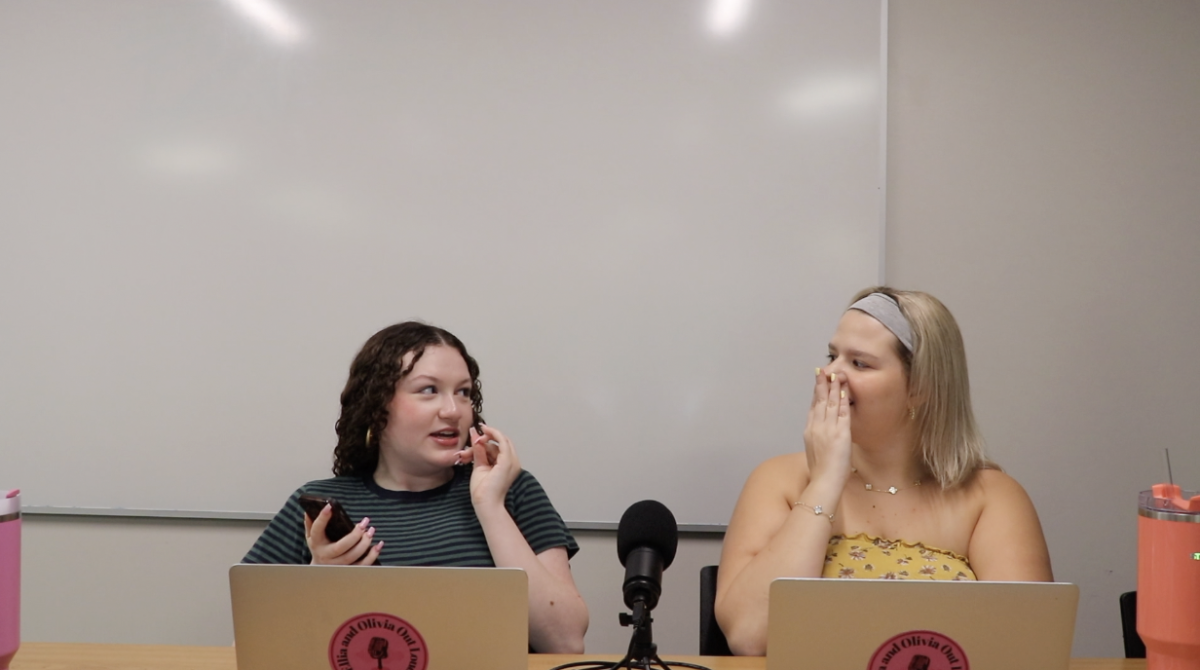The Fairytale Effect
February 18, 2014
Children are easily influenced by what they see and hear, which is probably why most people blame Disney for giving young kids “high standards” of what a relationship should be. I don’t think that we should be so quick to put all of the blame on Disney. We are exposed to the stereotypical Disney fairytale movies from the moment we are introduced to the entertainment industry. The story might go something similar to this: there’s a beautiful girl (even though she is most likely insecure about herself) who is unhappy with her lifestyle, until she meets a gorgeous prince. It is now the prince’s job to save the princess from whatever turmoil she may be facing and fall in love with her along the way, whether he knows it or not. That may not be the case for all Disney princesses, but it’s commonplace.
I have no doubt that this has piqued the attention of feminists. I’ve read several articles on how Disney has given people false stereotypes (ie: love at first sight, happily ever after) and higher hopes than what reality is prepared to give us. What I don’t understand is why Disney is being mentioned in particular. Disney is not the only factor in society that will teach us that physical appearance is rewarded and accepted more often than anything else. Sure, we see these movies as children, but it doesn’t just have an end-point where filmmakers cut off stereotypical movies, especially ones about love. We go from watching Disney fairytale movies to awkward preteen angst movies with inevitable love plots, and then it continues as we grow in to young adults. I would even say that the media has gone as far as glamorizing pointless love stories in the most inappropriate ways, such as in the “Hunger Games” series where Hollywood has set the focus on the rivalry between Team Gale and Team Peeta, rather than the original intent of the author.
Having movies with unnecessary love stories takes away from the original plot. Just because it doesn’t have a love story, doesn’t mean it needs one. As someone who loves evaluating movies, that bothers me a lot.
Although Disney leaves an impression on us as children, the media continues to affect us as we grow up. We might have fewer problems with the false expectations of relationships if the film industry would stop assuming what they think appeals to their audience. However, the industry will not correct itself. Change can only happen when the people it affects act upon the problem.


